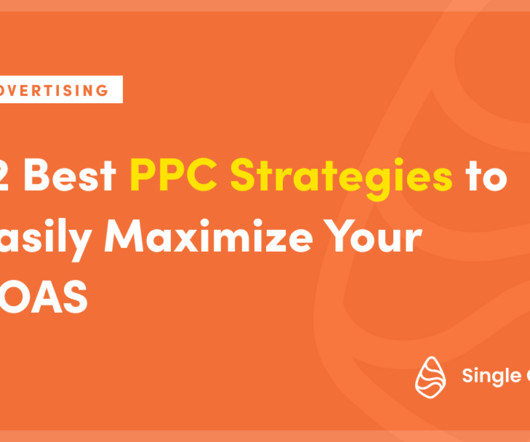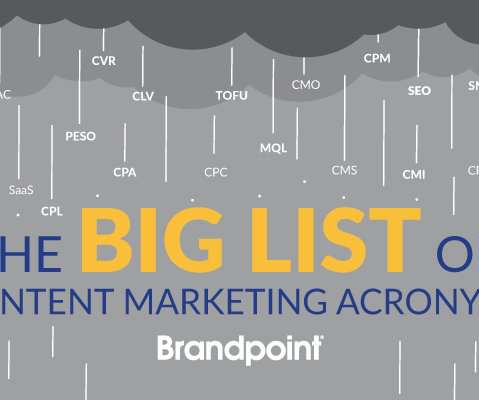5 Simple Steps to Develop an Effective PPC Strategy
QuanticMind
MAY 11, 2018
Navigational — searchers want to get to a certain page or resource. On a basic level, here are are important metrics to consider for search, display, and/or social ads (depending on your campaign goals): Clickthrough rate: Can help you determine how relevant your ads content is to your keyword or audience targeting for social or display.















Let's personalize your content